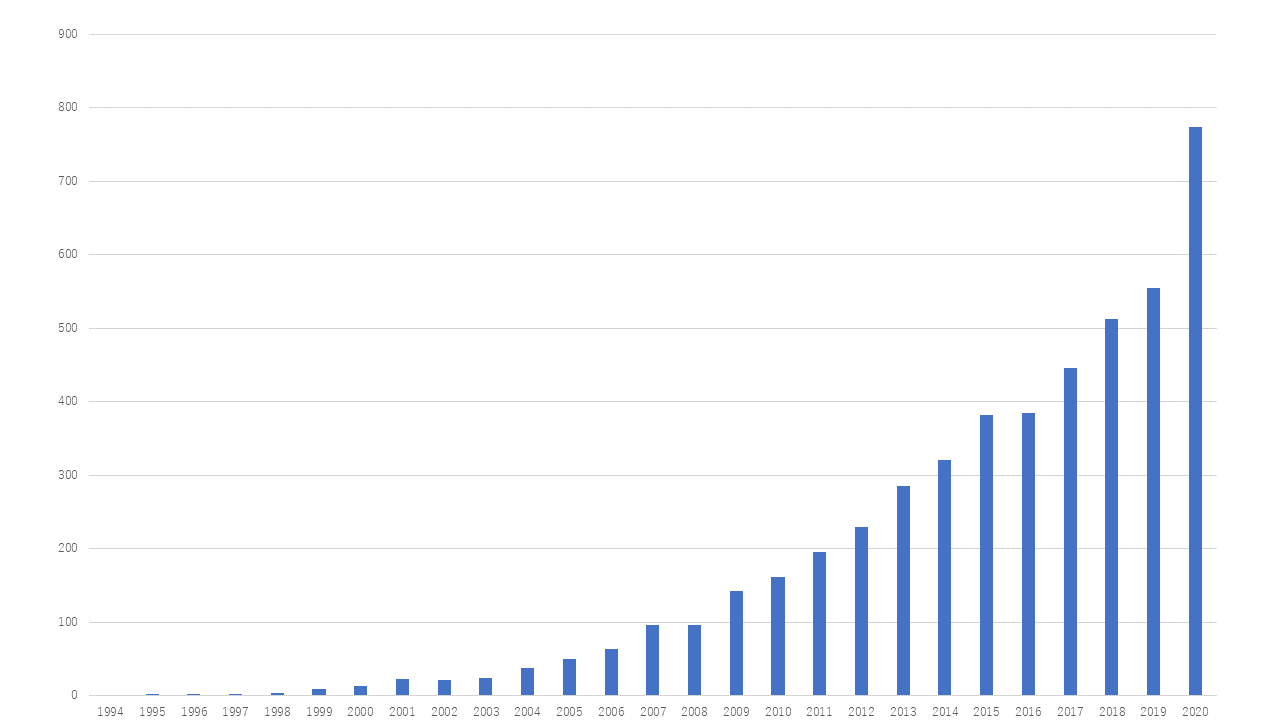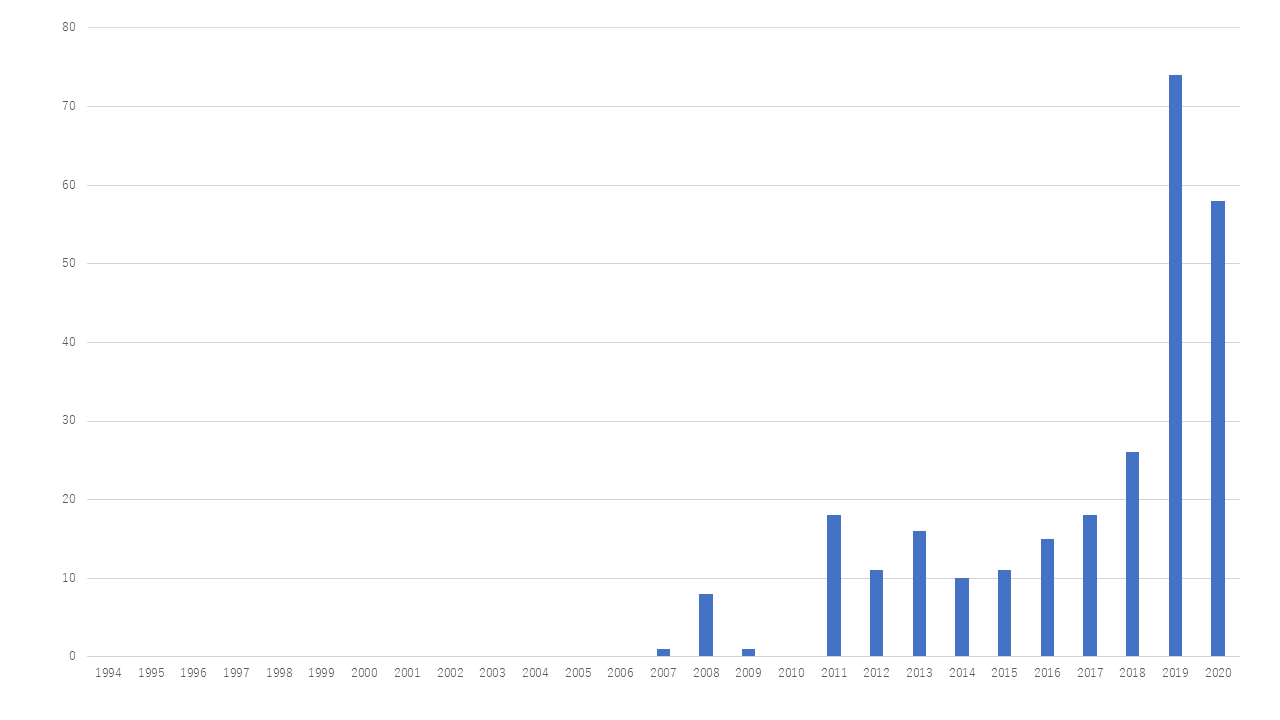Health literacy is especially important in health communications because it reflects individuals’ ability to search, understand, and use health-related information in making decisions about their health care. Although there has been much debate about its exact definition, health literacy leads to proper health behavior and should always be considered in improving interpersonal communications between health-care providers and patients in addition to communication of health information in the media. People with high health literacy are well known to be more likely to perform proper health behaviors and are less likely to get sick as a result. Even if they do get sick, they are less likely to become seriously ill. Improvements in health literacy are expected to lead to better health and disease prevention, although this has not yet been proven clearly with sufficient evidence. Several countries have established academic societies focused on health literacy. International societies, such as the International Health Literacy Association, European Health Literacy Association, and Asian Health Literacy Association, have also been established in recent years. In Japan, research activities related to health literacy have also increased. Subsequently, the number of health literacy-related research studies listed in a Japanese medical journal database, ICHUSHI, and the Grants-in-Aid for Scientific Research (KAKEN) database provided by the Ministry of Education, Culture, Sports, Science and Technology (MEXT), have increased sharply. However, health literacy has been studied vertically in a wide range of fields, such as clinical medicine, public health, pharmacy, nursing, nutrition, social welfare, communication, education, and informatics, and. However, there was little horizontal connection between researchers in different fields. Health literacy has a two-sided relationship with health communication. Considering the Japanese situation in 2019, Takahiro Kiuchi, Takeo Nakayama, Kazuhiro Nakayama, Hirono Ishikawa, and Tsuyoshi Okuhara decided to establish the Japanese Health Literacy Association (JHLA) and invited related researchers to participate in itcollaborative projects. In consultation with the Japanese Association of Health Communication (JAHC), its secretariat and membership management system had been shared among the two societies and JHLA had operated as a subsidiary of the JAHC since 2020. In 2020, Health Communication Week Organization (HCWO) was established and JAHC and JHLA become subsidiaries of HCWO. We welcome the participation of scholars in promoting health literacy-related research in Japan in addition to keeping in touch with best practices globally.
Figire 1. The number of papers in PubMed that contain a term ”health literacy” in their titles

Figure 2. The number of Japanese papers of acadenuc journals and abstracts of academic conferences in ICHUSHI database (the largest bibliographic database of Japanese medical literature) that contain "herusu riterashy" (health literacy) in their titles
